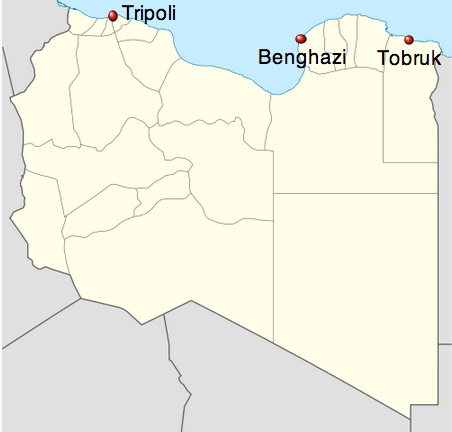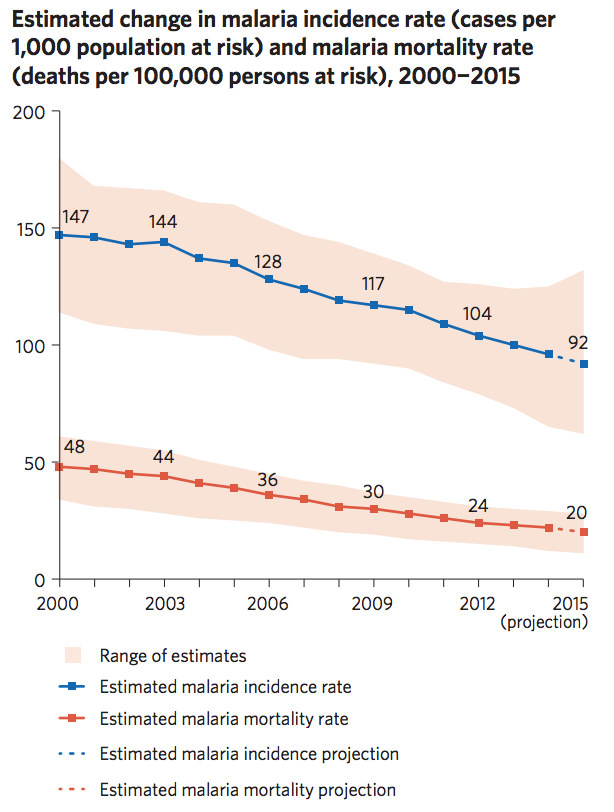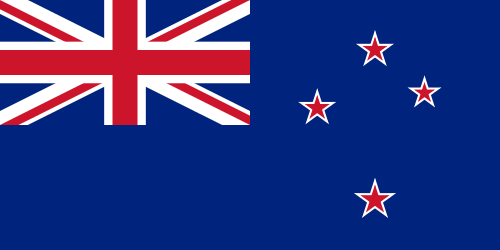Just four days of UN-backed talks in Algeria between the Malian government and ethnically-motivated separatists resulted in an immediate ceasefire in northern Mali.
Islamist rebels, however, did not participate in talks or agree to the deal:
The six groups that signed the ceasefire were mostly Tuareg but also included Arab organisations. Signatories included the National Movement for the Liberation of Azawad (MNLA) and the High Council for the Unity of Azawad (HCUA). They did not include groups linked to Al-Qaeda which had fought alongside the MNLA to occupy northern Mali for more than nine months before being ousted in 2013 by French and Malian troops.
This ceasefire is the latest stage in winding down — or at least once again pausing — the ongoing, simmering conflict that brought down the Malian government in the south in 2012, led to the proclamation of an (unrecognized) independent state in the north, and brought a French military intervention force into the country in early 2013.
It’s the just the latest step in the seemingly unresolvable north-south resource division conflict that has raged for a century, but which had escalated sharply with the fall of the Qaddafi regime in nearby Libya. The latter had been providing mercenary employment to many jobless, impoverished young men from northern Mali and the Arab Spring ended that arrangement. Additional concerns, such as global warming’s contributions to desertification and drought conditions, also caused a spike in discontent.
The Qaeda-aligned groups who, unsurprisingly, did not participate in the ceasefire deal include a mix of foreign and local fighters. They are likely to continue making trouble in the area for some time to come, unless they head to other pastures, such as the emerging Libyan Civil War and the ISIS satellite provinces rising there.
It’s also unclear how long a ceasefire or peace can endure in northern Mali before breaking down once more, without a wider solution to poverty and resource concerns for the arid, poor region.
As I argued during the 2013 French intervention, the West should seriously consider making a significant anti-poverty investment in northern Mali and other parts of the Sahel, in the tradition of the Marshall Plan, instead of relying on militarized governments and the occasional European or American fighter jet squadron to “fix” these crises briefly.






